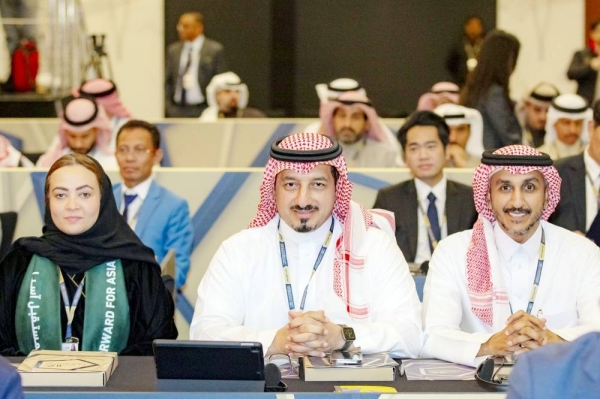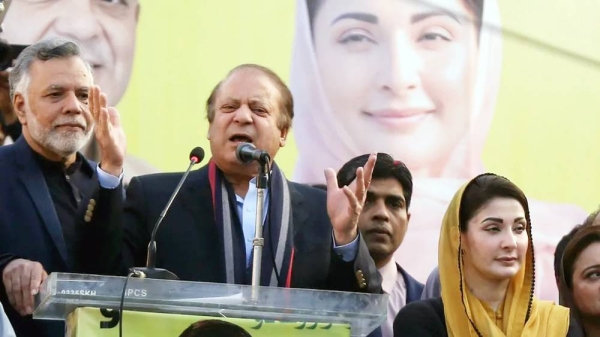
YEREVAN: The Armenian parliament is due to elect a new prime minister Tuesday with opposition leader Nikol Pashinyan set to take the post after spearheading weeks of mass protests against the ruling party.
The vote will be Pashinyan’s second attempt to get elected as premier after the ruling Republican Party narrowly blocked his first bid on May 1, despite initially promising not to stand in the way.
That led to a crippling general strike in the capital Yerevan and other cities.
Pashinyan called for an end to the protests after the Republicans — who have 58 MPs in the 105-seat legislature — issued assurances they would back his candidacy on a second attempt.
The 42-year-old former newspaper editor has also secured the support of two other major political parties — Prosperous Armenia and the Armenian Revolutionary Federation (Dashnaktsutyun) — who nominated him for the post together with his opposition Elk coalition.
Pashinyan is the only candidate for the top job.
Analysts have said it appeared the ruling party had changed position in a bid to retain control of the legislature.
On Tuesday morning thousands of Pashinyan supporters gathered in Yerevan’s central Republic Square, many sporting white t-shirts with their leader’s portrait, others dancing traditional Armenian dances and chanting “Nikol prime minister.”
“We gathered here today to celebrate the Armenian people’s victory,” David Davtyan, a 40-year-old archaeologist, told AFP at the rally. “The people’s will prevails, Nikol (Pashinyan) will become our prime minister today.”
Another demonstrator, 29-year-old Lavrenti Adulyan, said he hoped that “everything will go smoothly in parliament today and for the Republicans not to dare to confront their own people and vote for Pashinyan.”
Pashinyan’s election as prime minister would not necessarily end the political crisis as the ruling party will retain a majority in parliament and is likely to block his initiatives.
If lawmakers fail to elect a prime minister a second time, parliament will be dissolved and early elections will take place in the tiny South Caucasus nation of 2.9 million people.
In such an event, the deeply unpopular Republicans would have little chance of retaining their parliamentary majority.
Analyst Vigen Akopyan said snap elections are certain even if Pashinyan becomes prime minister.
Another analyst, Stepan Safaryan, warned that Pashinyan would be caught between a rock and a hard place.
“Armenia is entering an interesting period of disequilibrium. Before the early elections Pashinyan must maneuver between the will of the people and the parliamentary ruling party that he does not belong to and which cannot begin supporting him,” he said.
The hugely popular Pashinyan has in recent weeks piled pressure on the ruling party through an unprecedented campaign of civil disobedience that plunged the Moscow-allied nation into its most serious political crisis in years.
It led to the shock resignation of veteran leader Serzh Sarkisian, a week after he shifted to the newly-empowered role of prime minister after having served ten years as president.
Observers have expressed concern that the turmoil could destabilize the country locked in a decades-long territorial dispute with Azerbaijan.
Pashinyan’s protest movement had accused Sarkisian of a blatant power grab, saying he wanted to extend his rule by becoming premier after serving two consecutive terms as president.
In December 2015, controversial constitutional amendments initiated by Sarkisian were passed after a referendum that saw some 63 percent of the voters backing the country’s transformation into a parliamentary republic with executive powers fully concentrated in the hands of a prime minister.
Council of Europe observers have said the referendum was marred by allegations of large-scale vote-buying and multiple voting, among other irregularities.
Critics accuse Sarkisian and his Republicans of corruption, being under the influence of powerful oligarchs, and of failing to tackle widespread poverty.












